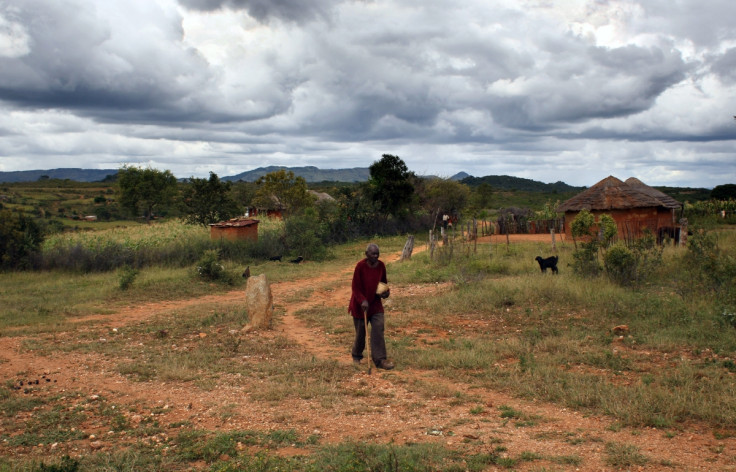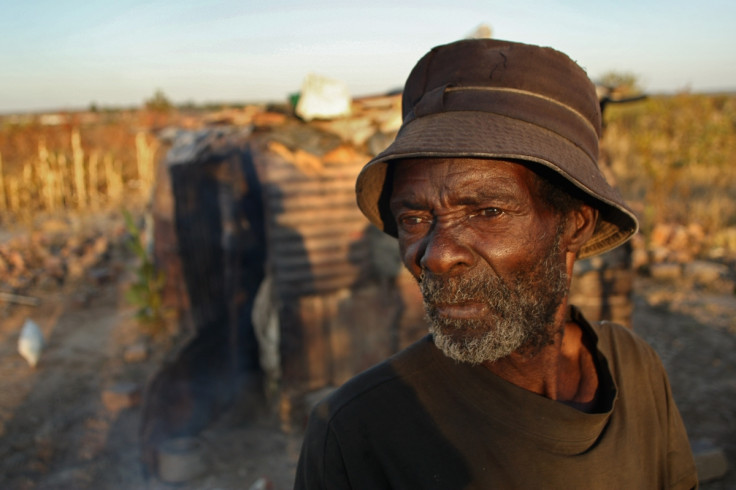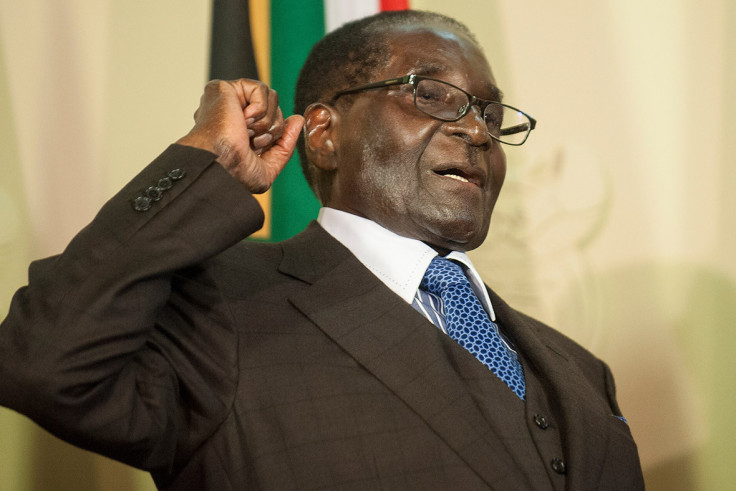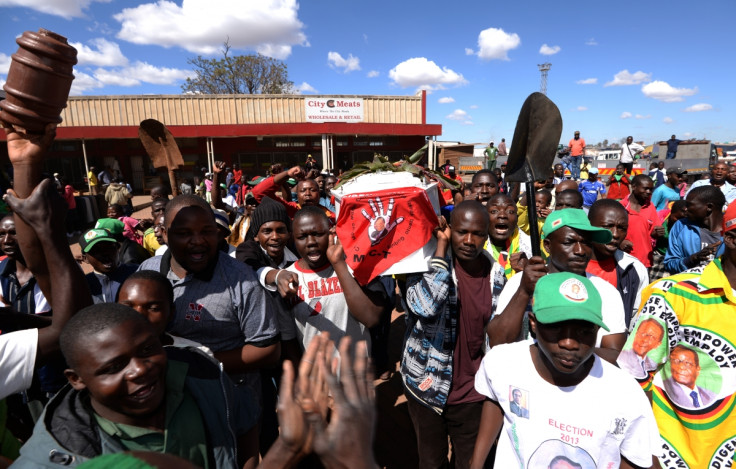Zimbabwe: Eviction of white farmer amidst infighting in Mugabe's party signals troubled times to come

The eviction of the white Zimbabwean farmer Phillip Rankin from a disputed farm has evoked memories of the dark days in the country during the 2000 land reform programme. During the height of the programme, war veterans and government supporters participated in violent land grabs, evicting white farmers from the land, and replacing them with black farmers, including many loyalists of the ruling Zanu PF.
While it is important to cover this outrageous act of cronyism and abuse of state power, many Zimbabweans feel that the world has forgotten about them, as their human rights have been violated for over 15 years by Robert Mugabe's strong-arm regime.
Much of the recent media coverage has focused on the Rankin family, and the UK-based black doctor, Sylvester Nyatsuro, who is claiming the land, but very little of the reporting has looked at hardship Robert Mugabe has placed on ordinary Zimbabweans.
Zimbabwe in numbers
Following the controversial land reforms in Zimbabwe, the country's economy plunged into the mire, with hyperinflation peaking at 231m% in 2008, according to the state-owned The Herald Newspaper.

The Southern African nation experienced mass deindustrialisation as the GDP crashed and unemployment reached 94%, according to the UN.
The weakening of the economy triggered an exodus by those that could leave the country. However, millions of mostly black Zimbabweans remained in the country, as they endured immense hardship and state-sponsored repression while the international community's response was tepid.
The violent suppression of descent reached a crescendo during the bloody 2008 general elections, where up to 200 people were killed, and over 5,000 opposition supporters were beaten or tortured, while around 36,000 people were displaced, according to Human Rights Watch (HRW).
The violence only subsided after the regional body The Southern African Development Community (SADC) intervened and forced Mugabe to enter into a power-sharing agreement with the opposition, The Movement for Democratic Change (MDC).
Life for Zimbabweans seemed to be improving somewhat following the deal in 2008, with the economy beginning to grow after a period of stagnation, and a new constitution being implemented which curtailed the powers of the president, the military and the secret service.
However, after the 2013 general elections in which Mugabe won convincingly amidst accusations of voter fraud and people being turned away from polling stations, the security services of the country adopted a more subtle form of suppression. The most widely publicised example was the disappearance of the prominent human rights activist, Itai Dzamara, who has not been seen since March 2015.

Today, as Mugabe – who turns 92 this year – reaches the twilight of his 35-year strong-arm reign over Zimbabwe, his party, Zanu PF, seems to be edging toward fratricide, which could lead to a return of 2008-style violence.
In-fighting within Zanu PF
The political landscape within the ruling Zanu PF is fractured with the party being divided over who should succeed Mugabe when the president leaves the office either of his own accord or, more likely, as a result of his death.
Two factions have emerged in Zanu PF: the first is led by the current vice president Emmerson "Crocodile" Mnangagwa who is tipped to succeed Mugabe. The second, dubbed the Generation 40 (G40), appears intent on crowning Mugabe's wife, Grace, as the next leader of the country.
The power struggle has already led to a purge of the party, and there have even been multiple attempts by unknown assailants to assassinate Mnangagwa. As the struggle has unfolded, President Mugabe has done what he does best: playing both factions against each other and refusing to be publicly drawn on who will succeed him.
This strategy has worked well for Mugabe during his reign and ensures that he still commands the loyalty of his party members because they do not know where he stands on the issue of his succession.

However, as Mugabe bides his time, the war of attrition is being played out in public, much to the bemusement of Zimbabweans who are not used to seeing the all-powerful Zanu PF party members undermining each other in such a way.
Weak opposition
Despite the disruption in the ruling party, the opposition parties have failed to take advantage of the chaos in Zanu PF. The MDC, which is the official opposition, is beset by its own factionalism, with the leader and Mugabe's nemesis Morgan Tsvangirai facing calls from party members to step down.
While Tsvangirai has held onto power, some MDC members have formed their own splinter groups, which has only strengthened Mugabe's grip on the country. However, there is some hope of a unified opposition taking on Zanu PF in the form of the ousted former vice president, Joice Mujuru, and her new political party, People First.
Mujuru, whose nickname translates to "Spill Blood" following her exploits in the independence struggle, was thrown out of Zanu PF after being accused of plotting to oust Mugabe. She has apologised to Zimbabweans for her role in making the country a "failed state".
But, true to form, Mugabe has warned Mujuru not compete against him as "his fist was stronger" and it was responsible for felling the late former Rhodesian prime minister Ian Smith during the liberation struggle.
Mwana WaJukwa is not the author's real name. The author is from Zimbabwe.
© Copyright IBTimes 2025. All rights reserved.






















